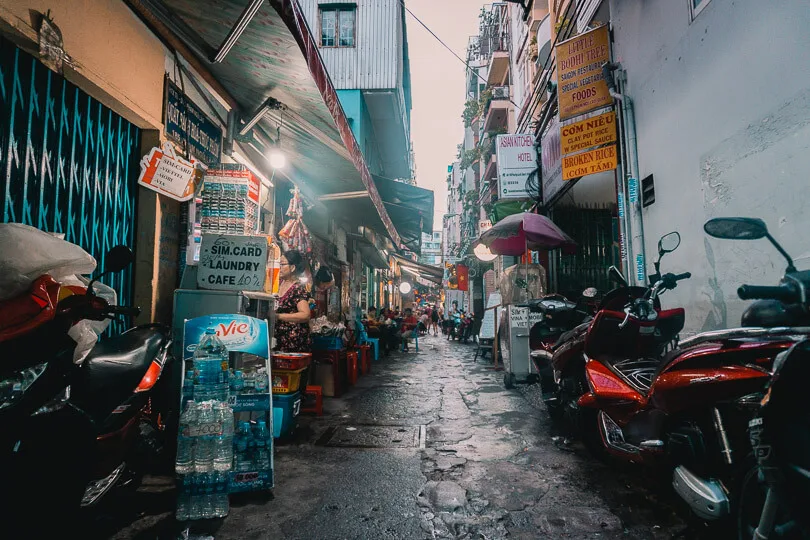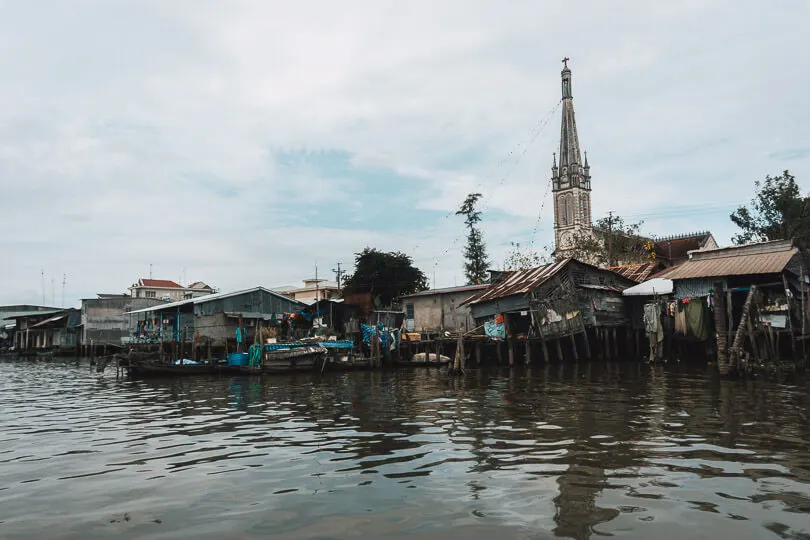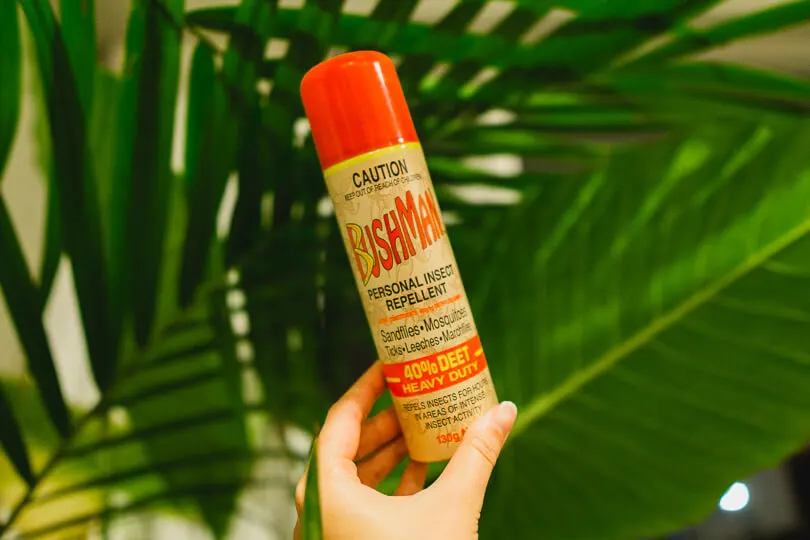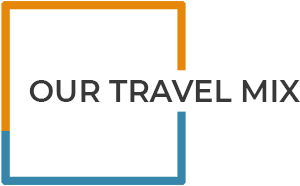We have put together a definitive list of the vaccinations that all travellers should have before travelling to Vietnam. We recommend that you sort your vaccinations out well before your trip. Some vaccinations require multiple doses with a waiting period of up to 4 weeks between vaccines.
It is highly likely you will need to receive vaccinations for Vietnam. Please make sure you visit a health professional to get an expert opinion. They will be able to assess your specific circumstances (such as where you are going and what activities you plan to participate in) in order to provide you with the exact vaccinations you require.
Our aim is to give you an idea of what vaccinations are required for a trip to Vietnam so you are prepared with as much information as possible before visiting a medical doctor. If you are also visiting Cambodia and think you will require vaccinations for Vietnam and Cambodia, or if you are looking at vaccinations for Thailand, this list will still apply.
We have sourced the information in this guide from the Centers for Disease Control and Prevention to ensure the information is factually accurate.
Vaccinations For All Travellers to Vietnam
Measles, Mumps & Rubella (MMR)
Most adults born in first world countries should have been immunised against childhood diseases such as Measles, Mumps and Rubella as a child. It is unlikely that you will need this vaccination, but if you do it is vital that you protect yourself.
The CDC recommends people 12 months or older, who have no evidence of immunity, to be given 2 doses of the MMR vaccine before travelling to Vietnam.
If you require this immunisation, then each dose needs to be at least 28 days apart.
You can confirm this with your GP.
Routine Vaccinations
Ensure you are up to date on all your routine vaccinations before departing for Vietnam. This includes vaccinations for diseases such as diphtheria, tetanus, pertussis, chickenpox and polio.
It is also recommended that you have had an influenza vaccine that covers you for a year including the time that you are away. You won’t want to have the flu in Vietnam.
Hepatitis A
Hepatitis A is a serious liver disease. It is usually caught through the consumption of contaminated food or water.
The water quality in Vietnam is poor. It is recommended that you avoid drinking any water that isn’t bottled. However, this isn’t enough to protect you from waterborne diseases such as Hepatitis A.
In Vietnam, food hygiene standards are lax, to say the least. It is likely the lettuce you eat with your Banh Mi or Pho has been rinsed with infected tap water. It helps to eat at verified and well reviewed restaurants in Vietnam, but vaccinations are also crucial.
For this reason, you should ensure that you are vaccinated against Hepatitis A.
Consider asking your doctor about a dual vaccine called Vivaxim. This vaccine protects you from both Hepatitis A and Typhoid (mentioned below).
Ensure you have your vaccination at least 2 weeks before travelling as it can take this long to build up protection. If you do so, this vaccine is almost 100% effective.
It is also a good idea to have a second dose 6-36 months after your first dose. This booster shot will offer long-term protection.

Follow us on Instagram!
Typhoid
As with Hepatitis A, you can catch Typhoid through the consumption of contaminated food or water in Vietnam.
Typhoid is a very serious disease causing fever symptoms, weakness, headache and stomach pain.
As the food hygiene standards vary in each place you eat in Vietnam, it is highly recommended that all travellers get vaccinated against Typhoid.
As mentioned above, it is a good idea to ask your doctor about a dual vaccination for Hepatitis A and Typhoid, such as Vivaxim. This should be cheaper than two individual vaccinations, and obviously more pleasant than getting injected twice.
Please note that the Typhoid vaccine is only 50-80% effective. Getting vaccinated is NOT an excuse to follow unsafe eating or drinking practices. Only drink bottled water and don’t eat anywhere that you think is unhygienic.
Vaccinations For Some Travellers to Vietnam
Japanese Encephalitis
Japanese Encephalitis is a very severe disease that may cause death. Symptoms include fever, headache, vomiting and confusion. They can develop into brain swelling, coma and death.
Japanese Encephalitis is spread through mosquito bites, however, the risk for most travellers is extremely low. For this reason, it is not recommended to all travellers as a vaccination for Vietnam.
It is generally recommended to get vaccinated against Japanese Encephalitis if you are anticipating either a very long trip to Vietnam (over one month) or excursions to rural areas. It is worth discussing this with your doctor.
The cost for the Japanese Encephalitis vaccine tends to be very expensive and requires 2 doses spaced out over a month.
Make sure to book in with your doctor more than 6 weeks before departure to ensure you have time for the vaccinations to be effective.
It is also a good idea to take preventative action towards mosquito bites when travelling in Vietnam. Wear DEET insect repellent, long-sleeved clothes and sleep in sealed, air-conditioned rooms.

Rabies
Rabies is a deadly virus passed on through the saliva of infected mammals. In Vietnam, this is most commonly caught from licks or bites from infected dogs or bats.
This disease is very serious causing brain disease and death in almost all untreated cases.
Getting vaccinated is recommended if you are visiting Vietnam with the intention of participating in any activities that can put you at risk of animal bites. This includes camping, caving and hiking in rural areas, or working with animals.
If you are responsible and do not intend to be near any animals, your doctor most likely will not recommend a Rabies vaccination.
When you are visiting Vietnam, please ensure you avoid any animals and definitely do not touch or pat stray dogs. Be extremely careful around wild dogs, cats and monkeys.
If you suspect you have been bitten or licked, visit a healthcare professional (such as a hospital) immediately. To prevent rabies after a bite, you may be required to take a number of vaccinations starting immediately.
Hepatitis B
Hepatitis is a disease that is transferred through bodily fluids. Usually, this is through either unprotected sexual contact or contaminated needles.
If you intend to have sex with a new partner, take drugs, get a tattoo, have piercings or have a medical procedure during your stay in Vietnam then you should get vaccinated for Hepatitis B.
For most people it is generally quite easy to avoid Hepatitis B. Correct use of latex condoms and avoiding drug use, piercings and tattoos will reduce your risk.
You may already be immunised against Hepatitis B. Ask your doctor during your consultation.
Vaccination is not an excuse to practice unsafe sex. There are still a lot of serious sexually transmitted diseases that you can catch.
Malaria Vietnam
Malaria is another serious disease passed through mosquito bites. It causes fever symptoms and, if left untreated, death
There are very few cases of Malaria in Vietnam. If you are only travelling to major cities, such as Hanoi, Da Nang or Ho Chi Minh City, then your doctor will probably not recommend treatment for Malaria.
If you have intentions to travel to rural areas, then please mention this to your doctor. Especially if you are planning to spend a lot of time or sleep outdoors.
Typical treatment for avoiding Malaria is prescription medicine taken before, during and after your trip.
If you are travelling to Vietnam without taking Malaria medication, then it is recommended that you take all reasonable measures to avoid mosquito bites. Wear long clothes and insect repellent with high levels of DEET.

Disease Prevention Tips in Vietnam
Prevent Mosquito Bites
A lot of diseases are spread by mosquito bites, especially ones that are endemic to regions such as Southeast Asia. These diseases include Japanese Encephalitis, Dengue Fever, Avian Flu and Zika Virus.
By following these tips you can significantly reduce your risk of catching these diseases:
- Cover all exposed skin with clothing such as long pants and shirts.
- Use a strong insect repellent with high levels of their active ingredients. Look out for DEET and Picaridin as these are proven to be highly effective.
- Sleep in fully sealed or screened rooms with air conditioning.
- Avoid stagnant water. Look out for puddles, ashtrays, buckets, etc. Anything that can be filled with water when it rains.
Avoid Food & Water Contamination
Tap water in Vietnam is not safe to drink. You must buy and consume only sealed, bottled water.
Food hygiene tends to be poor in a lot of places. Keep an eye out for signs of poor food handling. If you have a bad feeling, it’s best to leave and go somewhere else. Be careful when buying street food.
Wash Your Hands
Wash your hands before eating any meal. A lot of foods in Vietnam are supposed to be eaten with your hands, so don’t let germs or diseases that could be on your hands be passed to your food.


Leave a comment